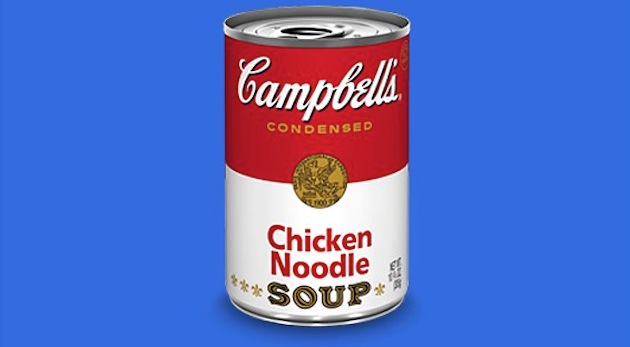Save 50% on a 3-month Digiday+ membership. Ends Dec 5.

![]() This month Digiday will examine how the modern brand tackles the thorny issue of social media return on investment. It’s no longer good enough for brands to guesstimate what’s working and what’s not in social. This is the third in a four-part series where we highlight how major marketers are gauging their social efforts. The series is made possible through the sponsorship of RocketFuel, a provider of artificial intelligence-based advertising products.
This month Digiday will examine how the modern brand tackles the thorny issue of social media return on investment. It’s no longer good enough for brands to guesstimate what’s working and what’s not in social. This is the third in a four-part series where we highlight how major marketers are gauging their social efforts. The series is made possible through the sponsorship of RocketFuel, a provider of artificial intelligence-based advertising products.
The social media ROI question has turned into digital media’s version of “Who lost China?” But for the most part, top marketers agree that social media, just like any other channel, is measurable if a company knows what it’s doing. Too often, that’s not the case, particularly since many different constituencies are involved in social, which then leads to finger pointing.
Adam Kmiec, head of social media at Campbell’s, believes it’s time marketers take more responsibility for getting the most out of their social efforts — and have realistic expectations for what it can and cannot accomplish.
If social ROI isn’t a real problem, then why are so many marketers complaining about it?
If you spend $10 million in TV and $100,000 in Facebook ads, you’re simply not going to feel the impact of our social spend. It’s the equivalent of me wondering why the one salad a year I eat didn’t impact my annual physical. We’re dissatisfied with social ROI for a number of reasons, but the biggest problem is our expectations. If we want to really prove that social can work, we need to start testing and learning at scale. To do that, we need to fund social the right way, instead of simply hoping our video on YouTube is seen.
What are brands getting wrong in social?
Brands spend too much time reading points of view from people like me, instead of getting the right people in a room to talk about how they want to make social part of their organization. If you want real answers, they’re going to come from the people who know your business and customer best, not from a social media-for-dummies book.
Is social media breeding a new species of consumers that are hoping to get stuff for free? Let’s call them the social media whiners.
I think social is breeding a whole new species of people with higher expectations. It’s not about free “stuff.” You can’t scale turning every frown into a smile. The organizations I admire in social, don’t focus on the loudest complainer, they focus on doing what’s right.
What’s the hardest part of your job as Campbell’s social media chief?
I love my job. Great company, wicked smart people and awesome brands. I mean, who doesn’t love Chicken Soup and Goldfish? The biggest challenge I face is the perception of what a global head of digital and social is supposed to “do.” In many organizations, these roles have never existed before. A major misconception is that I’m focused on increasing digital and social spending. We’re not focused on simply adding on social media to our brands. We’re not focused on bolting digital onto our campaigns. We’re not focused on spending more. We’re focused on cultural change. You don’t become a digitally fit company that’s wired for speed, overnight. It takes time. But becoming the most digitally fit CPG in the world will enable us to match the tempo of our consumers and the digital world.
Ad position: web_incontent_pos1
More in Marketing

Ulta, Best Buy and Adidas dominate AI holiday shopping mentions
The brands that are seeing the biggest boost from this shift in consumer behavior are some of the biggest retailers.

U.K. retailer Boots leads brand efforts to invest in ad creative’s data layer
For media dollars to make an impact, brands need ad creative that actually hits. More CMOs are investing in pre- and post-flight measurement.
Ad position: web_bfu
